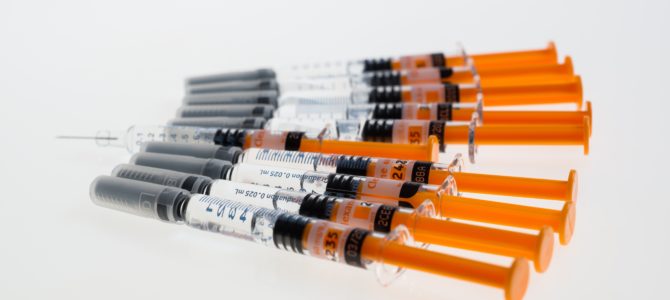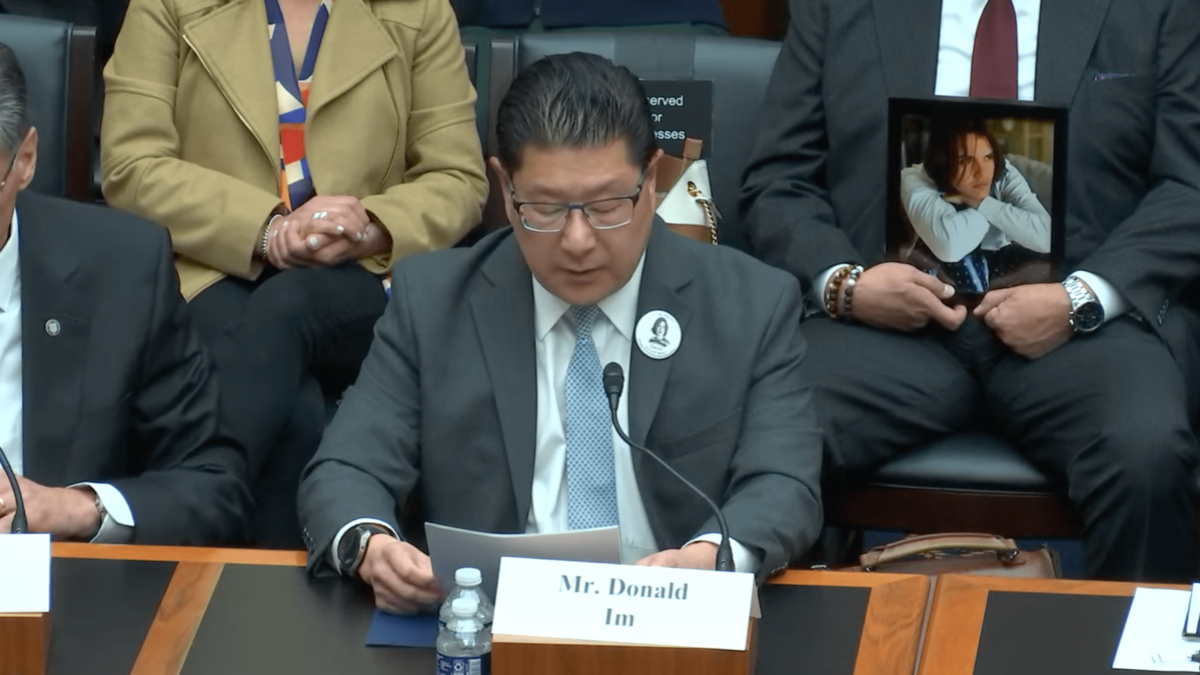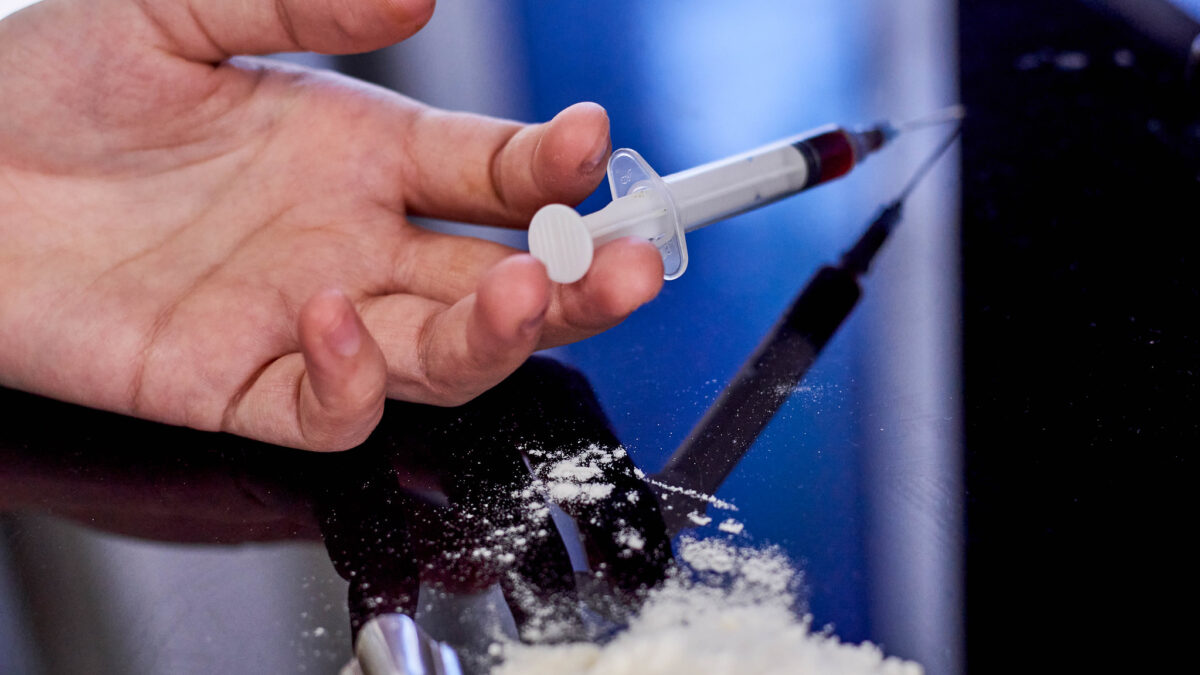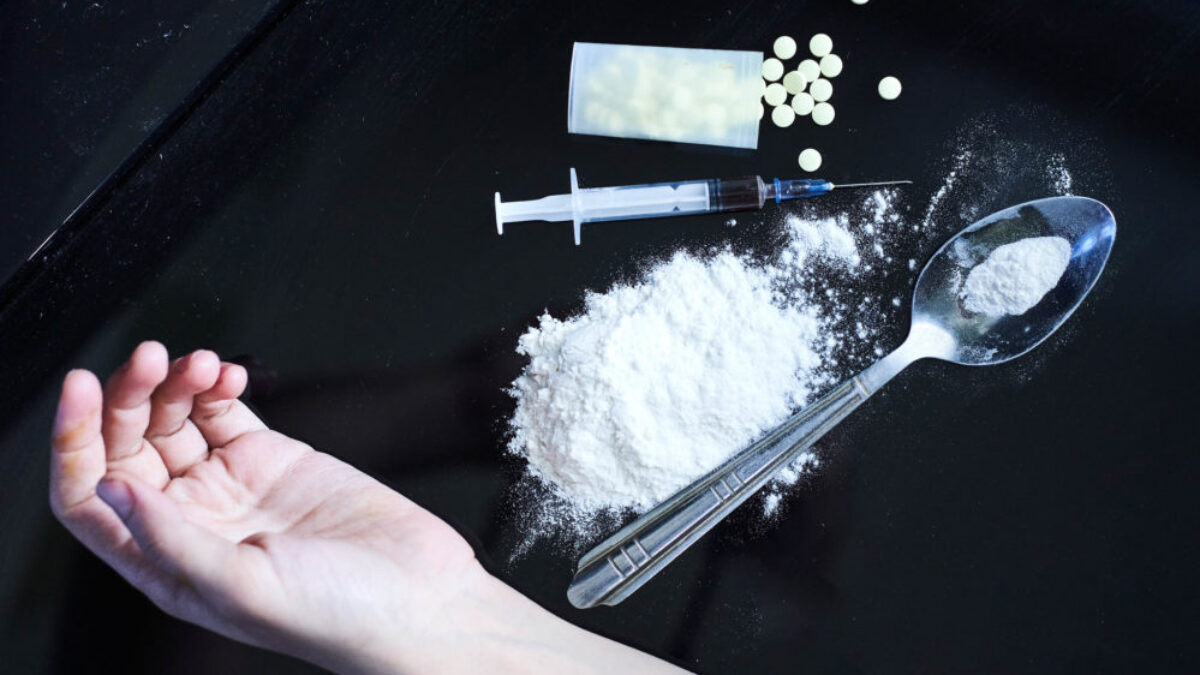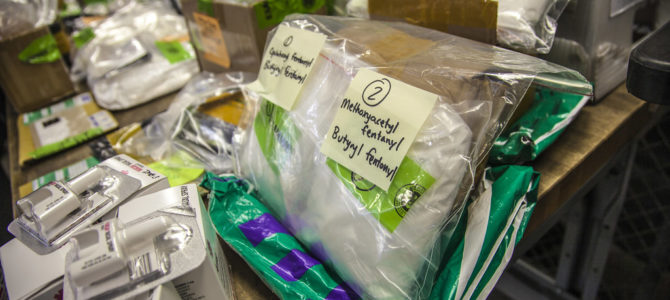Recently, I spoke with an Indiana legislator who expressed surprise about a traditionally liberal view coming out of our Republican-dominated General Assembly. The topic is drug abuse. One of the bills enthusiastically signed by Gov. Eric Holcomb lets local counties implement needle exchange programs that give heroin users syringes for their addiction.
Attorney General Curtis Hill opposed House Bill 1438, calling it little more than a needle giveaway plan. “I don’t want another Hoosier to die from their addiction, especially with a needle provided by the state of Indiana,” he said. Still, the bill easily passed the House and Senate.
Many years ago I read a federal paper on this subject noting that harm-reduction programs are based upon the ideological premise that people are incapable of making healthy choices. As such, drug abuse should be accepted by society and those who choose those lifestyles should be enabled to continue such behaviors in a less dangerous manner.
Vancouver’s Similar Program Was an Epic Failure
One of the problems with this approach is that these harm-reduction programs support continued drug abuse. Thus, they tend to increase usage and weaken drug abusers’ defense against infection, which increases their risk of disease. This 2004 paper noted that Vancouver, Canada had the largest needle exchange program in North America. It likely is still the largest, since they distribute nearly three million needles to drug users every year. The city also had a publicly sanctioned site specifically designated for addicts to inject under medical supervision without fear of law enforcement stopping them.
The results of this program were terrible! When the needle exchange program started in the late 1980s, the estimated HIV prevalence in Vancouver was only 2 percent among the city’s population of 6,000 to 10,000 injecting drug-users. The advocates of this needle exchange, much like their Hoosier counterparts today, believed it would decrease HIV rates.
Just the opposite occurred. Both HIV and Hepatitis C exploded among the drug-using population, according to a study published in July 2003. The HIV rate had risen to 35 percent, “one of the highest incidence rates reported worldwide.” The Vancouver study also recorded a rate of hepatitis at an astonishing 82 percent.
Indiana Rep. Mark Souder and Oklahoma Sen. Dr. Tom Colburn wrote this compelling paper. It further stated:
A 1997 study found that ‘frequent needle exchange program attendance’ was actually one of the ‘independent predictors of HIV status’ among injecting drug-users… With only one lone exception, the needle exchange program was the main source of syringes for all of those who became infected. 76 percent of HIV-positive injecting drug-users studied admitted to borrowing used needles, as did 67 percent of HIV-negative injecting drug-users. Thirty-nine percent of HIV-positive injecting drug users lent used needles.
A study of needle exchange programs in Seattle found no protective effect of needle exchange on the transmission of Hepatitis B or C among participants. The highest incidence of infection with both viruses occurred among current users of the needle exchange.
Needle exchanges focus almost exclusively upon a single mode of transmission among injecting drug-users sharing of contaminated needles – and largely ignore other important factors such as the behaviors that cause risk-taking, the impact of the substance on the individual and the substance being abused itself.
A 10-year study published in the Archives of Internal Medicine found that the biggest predictor of HIV infection for both male and female injecting drug-users is high-risk sexual behavior.
If some kind of an exchange can reduce the problems of heroin use, then exchanging heroin needles for medications designed to treat the addiction would seem to be a much better plan. Likewise, an exchange of behavioral therapy programs would be better than free needles knowingly used to continue injectable drug use. Programs, therapies, and medicines designed to break one away from the behavior would be far better than simply handing addicts needles to use, purchased by Hoosier taxpayers.
It seemed as though legislators made their minds up early that needle exchanges would happen in Indiana. They seemed to believe we could somehow defy these past program failures. I am afraid it simply exchanged one problem for another.
